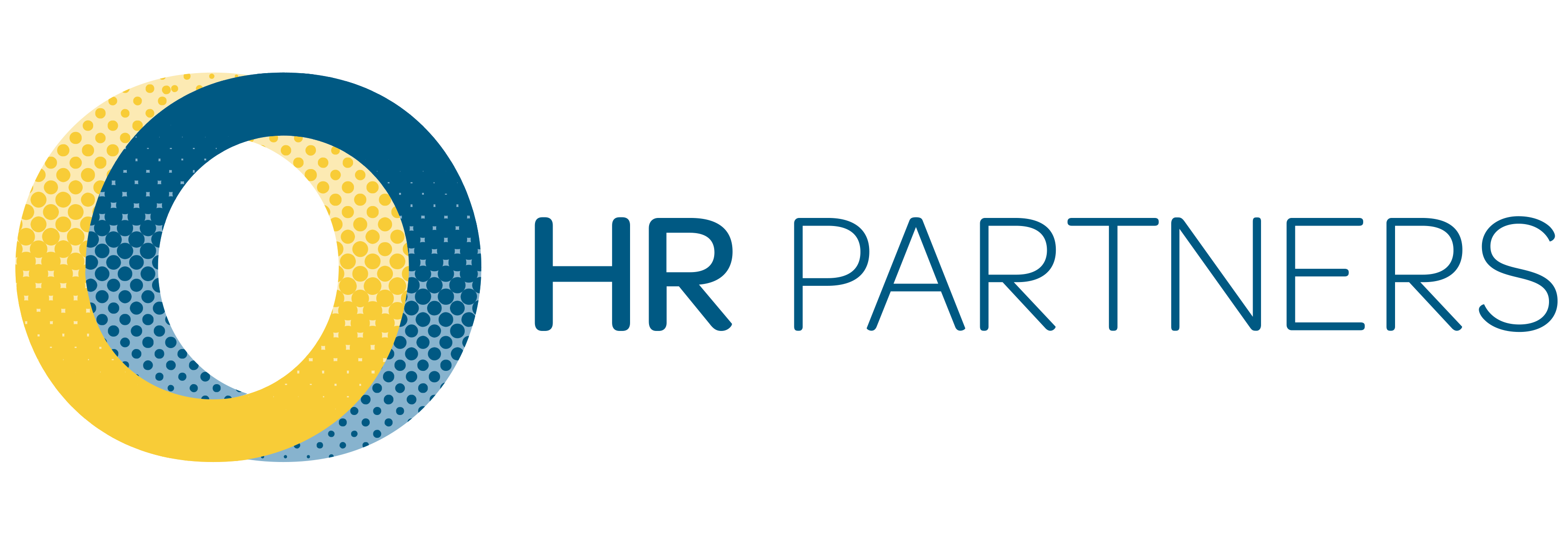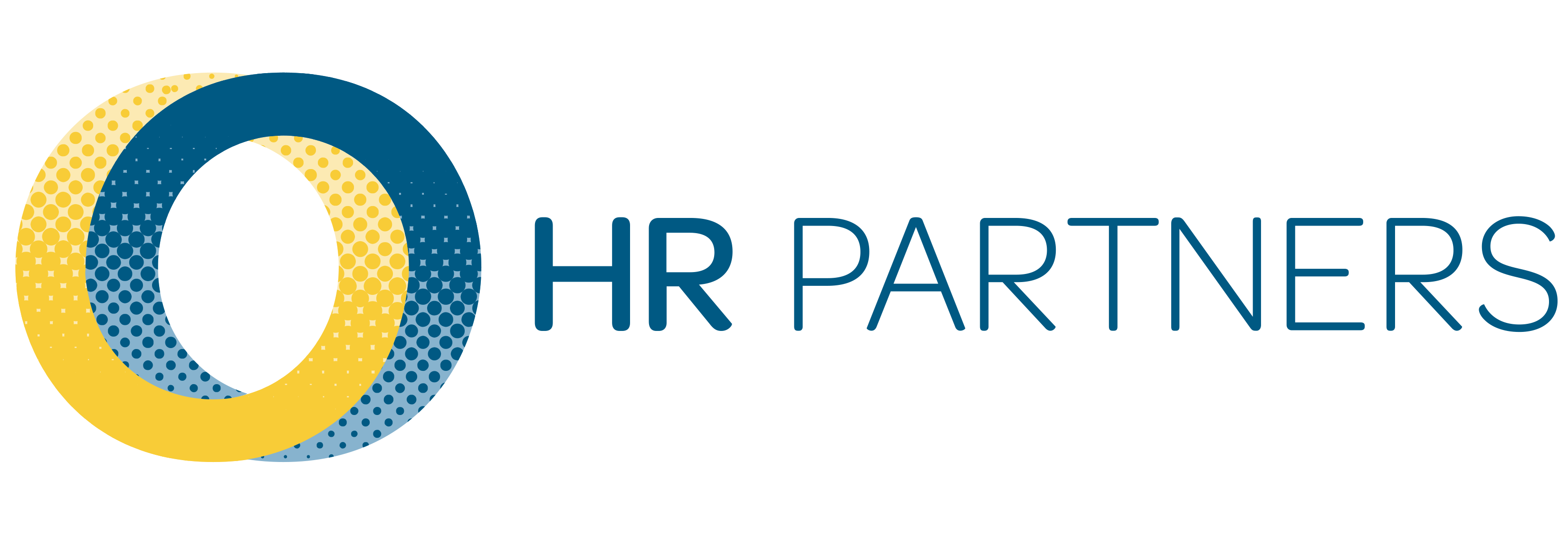In the dynamic landscape of business, compliance with employment laws stands as a cornerstone of success. For growing businesses, navigating the intricate web of regulations can be daunting. However, with the right knowledge and strategies, HR professionals can steer their organizations through the complexities of compliance with confidence. From wage and hour regulations to workplace safety standards, ensuring adherence to legal requirements is paramount for fostering a thriving and sustainable workplace environment.

- Understanding Wage and Hour Regulations:
Wage and hour regulations, including minimum wage laws, overtime pay, and record-keeping requirements, form the foundation of fair compensation practices. HR professionals must stay abreast of federal, state, and local regulations to ensure employees are compensated fairly and accurately. Implementing robust payroll systems and conducting regular audits can help mitigate risks of non-compliance and potential legal ramifications.
- Embracing Workplace Diversity and Inclusion:
In today’s diverse workforce, promoting workplace diversity and inclusion is not only ethically imperative but also legally mandated. HR professionals play a pivotal role in fostering a culture of inclusivity, ensuring fair treatment and opportunities for all employees regardless of race, gender, age, or other protected characteristics. Implementing diversity training programs and instituting anti-discrimination policies are essential steps towards compliance and creating a supportive work environment.
- Prioritizing Workplace Safety:
Workplace safety is non-negotiable. Compliance with Occupational Safety and Health Administration (OSHA) regulations is essential for safeguarding employee health and well-being. HR professionals should conduct regular safety inspections, provide comprehensive training on hazard recognition and mitigation, and develop emergency response protocols to minimize risks of workplace accidents and injuries.
- Ensuring Fair Employment Practices:
Fair employment practices are fundamental to compliance with anti-discrimination laws and regulations. HR professionals must adhere to guidelines outlined in the Equal Employment Opportunity (EEO) laws, including fair hiring practices, reasonable accommodations for employees with disabilities, and prevention of harassment and retaliation. Implementing thorough recruitment and selection processes, conducting impartial investigations into employee complaints, and fostering a culture of respect and dignity are essential for upholding fair employment practices.
- Addressing Family and Medical Leave:
Compliance with the Family and Medical Leave Act (FMLA) is essential for accommodating employees’ needs for medical and family-related leave without risking their job security. HR professionals must understand FMLA eligibility criteria, provide adequate leave notifications to employees, and maintain accurate records of leave requests and approvals.
- Adapting to Regulatory Changes:
Engaging in continuous education, participating in professional development opportunities, and consulting legal counsel when necessary are essential strategies for staying informed and adapting to regulatory changes effectively.
By understanding and adhering to wage and hour regulations, promoting workplace diversity and inclusion, prioritizing workplace safety, ensuring fair employment practices, addressing family and medical leave requirements, and adapting to regulatory changes, HR professionals can mitigate legal risks and foster a workplace environment that promotes productivity, engagement, and employee well-being.

